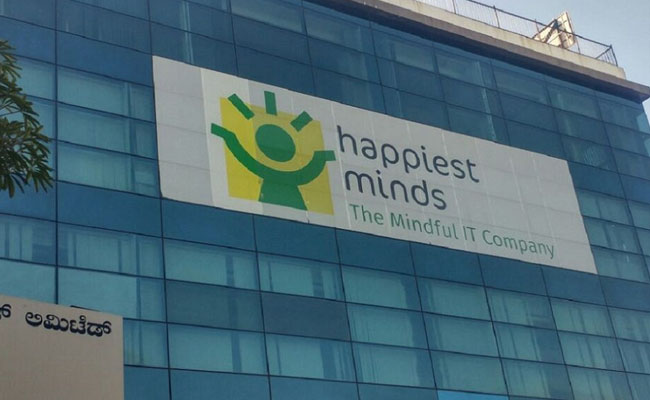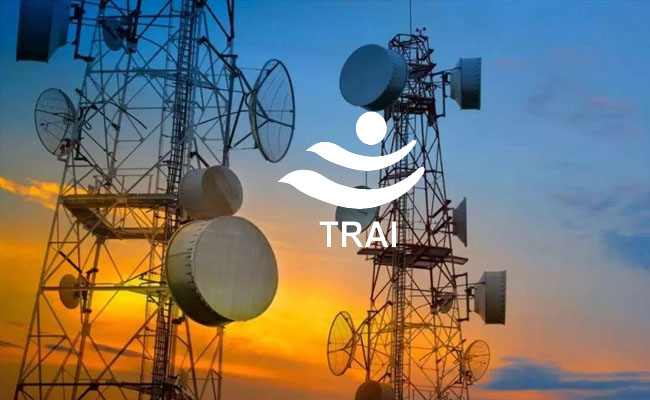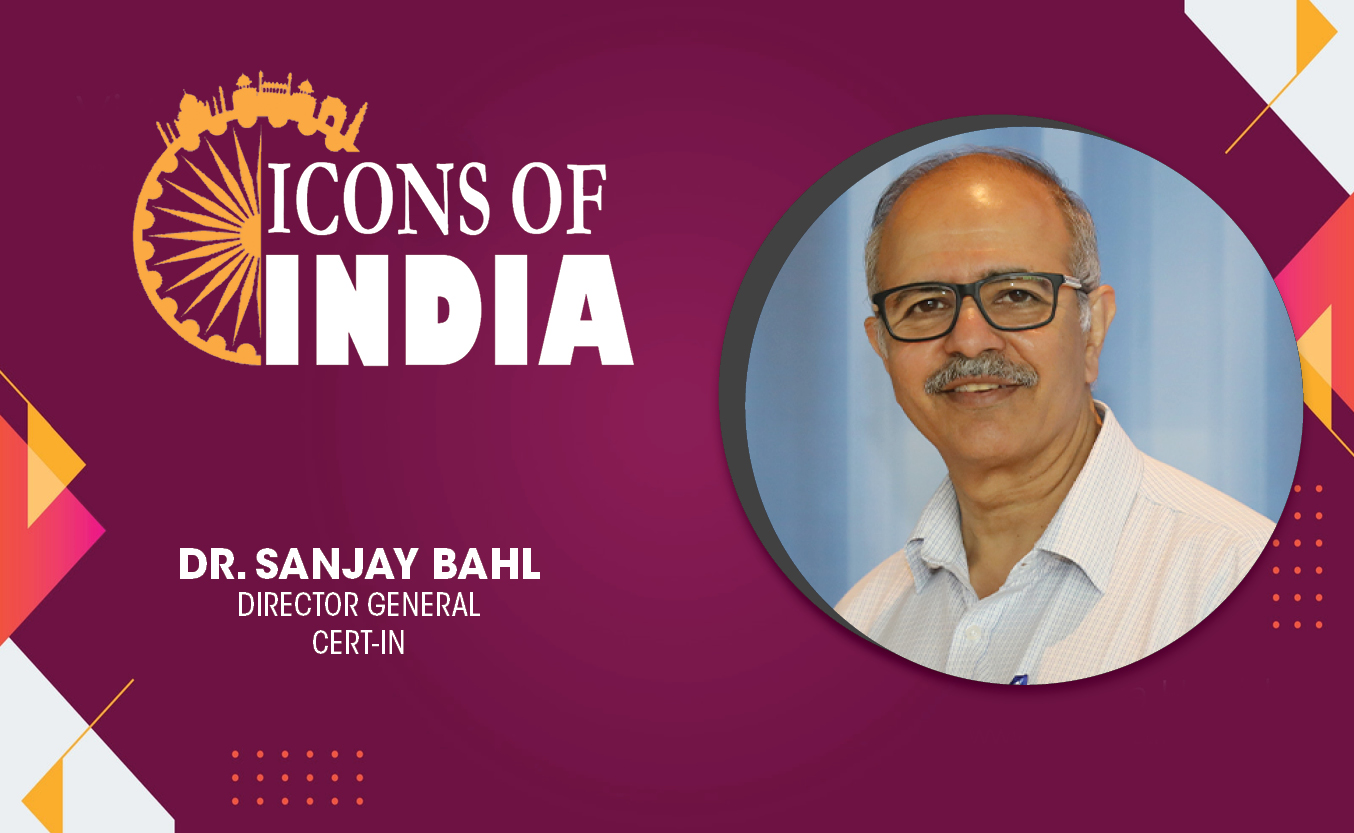WhatsApp downloads in India hit as news of Pegasus spyware hogs limelight
By MYBRANDBOOK

Ever since the Pegasus spyware was brought to the public eye by WhatsApp last week, downloads of the app have reportedly come down by a surprising 80 percent in India. Meanwhile, downloads of another end-to-end encrypted app, Signal have gone up by 63 percent to 9,600 during the same period. Telegram messenger (which is based in Russia and offers a secure messaging platform) also saw an increase in downloads in this period by 10 percent, hitting 9, 20,000.
According to data from mobile analytics and intelligence firm Sensor Tower (via Business Standard), the week before WhatsApp said that it would be suing NSO Group, the Israeli firm behind the malware, app downloads stood at 8.6 million. Between 26 October and 3 November, downloads came down to 1.8 million.
"One download per Apple ID or Google account, not including re-installs, installs to multiple devices owned by the same account, or app updates," according to Sensor Tower.
On 29 October, WhatsApp revealed that it was suing Israel-based NSO Group for developing the Pegasus spyware that was used to target 1,400 civil rights activists, lawyers, and journalists across the world, including several in India. However the fact remains that WhatsApp was one of the several services used to help spread Pegasus.
Although WhatsApp ensures that messaging between users on the platform is secure owing to its end-to-end encryption model, the actual contents of the messages shared are not checked. This resulted in the Pegasus spyware getting into users' phones via an infected link. This link could have been sent via SMS, MMS, Telegram, Signal, email, or any of several dozen other options.
WhatsApp has also claimed a few days back that it informed the Indian authorities about the vulnerability in May 2019. A government official however said that India's Computer Emergency Response Team (CERT-IN) could not understand the magnitude of the situation as the advisory came with 'technical jargon'.


Happiest Minds brings in an innovative GenAI chatbot
Happiest Minds Technologies has announced the new GenAI chatbot - ‘hAPPI...

Government mandates encryption for CCTV cameras to ensure netw
In the wake of issuing an internal advisory on securing CCTV cameras at g...

TRAI recommends allowing only Indian entities to participate i
The Telecom Regulatory Authority of India (TRAI) has recommended that onl...

Galaxy AI is available on more devices with Samsung One UI 6.1
Samsung has expanded the range of smartphones to which One UI 6.1 and Gala...


Technology Icons Of India 2023: Dr. Sanjay Bahl
Sanjay Bahl is currently with the Indian Computer Emergency Response T...

Technology Icons Of India 2023: C P Gurnani
CP Gurnani (popularly known as ‘CP’ within his peer group), is the...

Technology Icons Of India 2023: Sunil Gupta
Sunil Gupta is the Co-founder, Managing Partner & CEO of Yotta Infrast...


GeM maintains transparency in online procurement of goods & services
Created in a record time of five months, Government eMarketplace is a ...

CSCs enabling rural India digitally empowered
Common service centres (CSCs) are digital access points under the Digi...

Aadhaar: Architecting the World's Largest Biometric Identity System
The Unique Identification Authority of India (UIDAI) is a statutory au...


NETPOLEON SOLUTIONS
Netpoleon Group is a Value-Added Distributor (VAD) of Network Security...

Crayon Software Experts India Pvt Ltd
Crayon helps its customers build the commercial and technical foundati...

FORTUNE MARKETING PVT. LTD.
Delhi based Fortune Marketing, An ISO 9001:2008 company, distributes ...